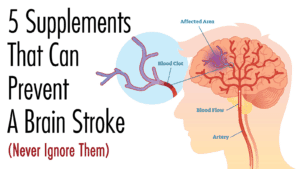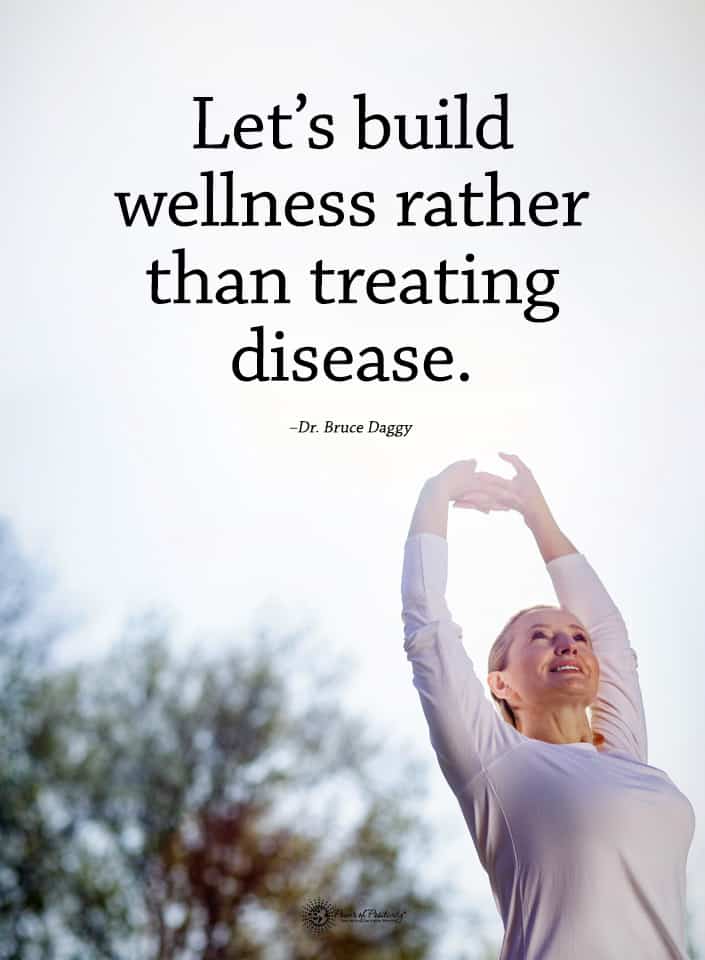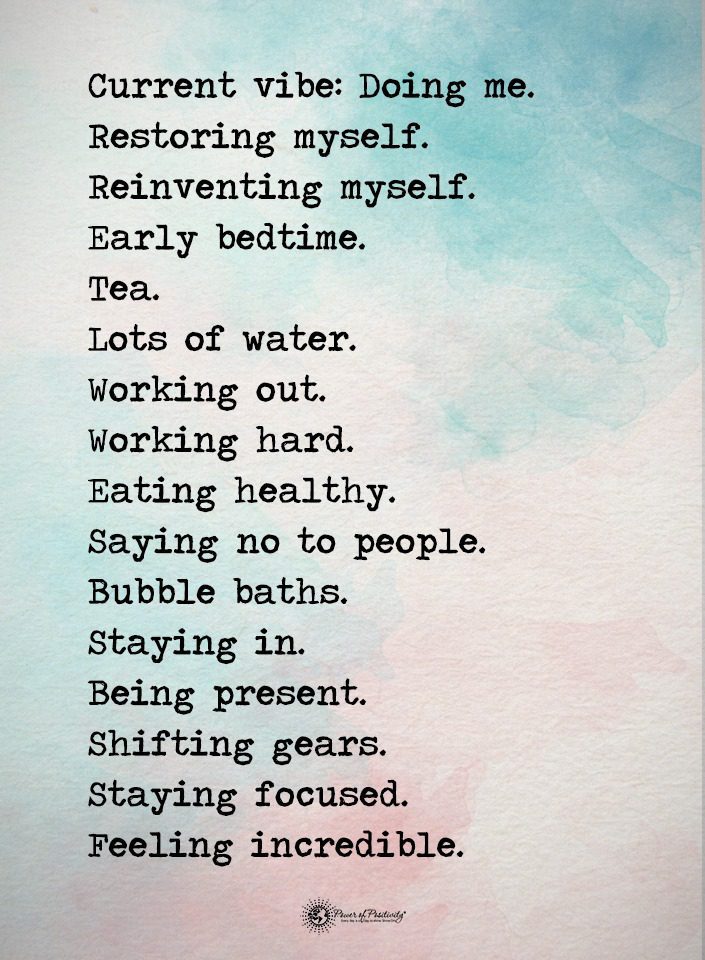Even though everyone occasionally lies, lying isn’t generally acceptable. You may think you’re honest, but you could be lying more than you think. But many people acknowledge a difference between chronic liars and occasional fibs.
For instance, if your friend buys you lunch then asks if you enjoyed the meal, you might say yes out of politeness, even though your food was greasy and tasteless. These are called “white lies.”
One study found that 40% of adults said they lie at least once a day, usually in trivial ways.
He does not answer questions, or gives evasive answers; he speaks nonsense, rubs the great toe along the ground; and shivers; his face is discolored; he rubs the roots of his hair with his fingers. ~Description of a liar, 900 B.C.
What causes people to become liars?
 Even though lying is everyone’s experience, some people lie a lot. They could even be called chronic liars. These folks lie for various reasons, such as to improve their self-esteem, to be perceived as impressive, or to be liked by others.
Even though lying is everyone’s experience, some people lie a lot. They could even be called chronic liars. These folks lie for various reasons, such as to improve their self-esteem, to be perceived as impressive, or to be liked by others.
Studies show that certain personality types are prone to lying. People who tend to be more anxious, more manipulative, or have a specific sociability type lie more often. There are also personality disorders associated with lying. These include the following:
- Narcissists: These people lie to boost their self-image and power over others.
- Borderline or obsessive: This is a compulsive personality disorder.
- Histrionic personality disorder: These people have an excessive attention-seeking disorder.
- Antisocial personality disorder: This personality type is prone to be manipulative of other people.
What do chronic liars say?
Lying causes relational fallout. It ruins romantic relationships, frustrates co-workers, and sets a parent’s teeth on edge. But how do you know someone is lying to you? You cannot walk around with a lie detector to check your partner or teenager’s honesty. Interestingly enough, there are some everyday things liars do. These five phrases provide a good gauge for you to know who’s lying to you.
1 – Using the phrases “Honestly” & “To Tell You the Truth.”
When people lie, they often use phrases to persuade their listeners they are telling the truth. Whether it’s a conscious thing or not, this is a typical habit for chronic liars. They may say something like “Honesty” or “To tell you the truth” at the beginning of the end of their sentences as if you emphasize the truth of what they’re saying. Whether it’s your teenager trying to pull a fast one on you or a telephone salesperson offering you a good deal…be on the lookout for these words.
2 – Revealing too many details
When someone is lying to you, they often give you lots of unnecessary details to overload you with information to deflect their lies. These could be subtle clues that the person isn’t honest with you. Of course, this isn’t always the case. Some people are detail-oriented and explain things with lots of words. So, don’t assume you’re being lied to just because of many details. What could be an indicator here is that the facts seem well-rehearsed rather than off the top of their head. Details such as an exact time they did something or what color the sky was that morning could indicate that the person is embellishing the truth.
3 – “I never,” or “I always.”
No one can “always” or “never” do anything. That’s not reality. Chronic liars don’t understand this because they often use hyperbole. They may be trying to persuade you by embedding lies using “always” and “never” or words like them to emphasize what they’re saying.
Whatever the reason, it usually has the opposite effect. So, if your co-worker tells you he always finishes his work before he leaves the office, you may want to check out his story.
4 – They avoid ownership of their mistakes
Not taking responsibility for things is often a slippery slope for liars. They blame everyone else for what happened using pronouns like “he” or “she” or “they” rather than “I” statements. According to the American Psychological Association, one study found that liars need to distance themselves from situations to avoid taking responsibility for their own behavior. Other negative emotions liars use to throw you off course from realizing their responsible include
- Anger, hate, frustration speech to push you away
- Victimization or hurt, and disappointment as if they’re the one who has been taken advantage of.
- Complain about being misunderstood or judged, indignation, and self-righteousness towards anyone who would accuse them.
Researchers developed a software program to analyze whether someone was lying in their writing. The software could detect lies 67% of the time. This was better than humans who could see being lied to only 52% of the time. It just shows that it’s tough to know if someone is lying to you.
5 – They use denials, justifications, and short answers
When a liar is asked about their story, they will deny wrongdoing automatically even before being accused. They may try to explain their behavior, even if you didn’t ask them for an explanation. Plus, they’ll use short sentence fragments that may not make any sense. Perhaps they feel guilty about lying, but this behavior is a dead give away you’re being lied to.

Five primary reasons why people lie
Perhaps you’ve realized you have fallen into a pattern of lying. It can be a subtle habit you develop over time. Here are some typical reasons why you could have fallen into a pattern of lying.
1 – To avoid punishment
According to criminal behavior expert Samantha Dewitt, deflecting blame is a big motivation to lie. It doesn’t matter whether you accidentally did something or you did it on purpose. You are still motivated to avoid getting punished. If you are worried about being punished, it may be time to step back and evaluate why this is happening if you tell the truth. Are you in an abusive relationship? Are you afraid at work? Whatever the reason, seek help from a counselor, pastor, or a good friend to talk to about it. Break free from living in fear.
2 – For a reward
The motivation to get something you want is so strong you are willing to lie to get it. For instance, you lie on your resume to get the job you really want, even though there’s a good chance you could be found out. This is self-defeating. This behavior could hurt you if you keep doing it. Seek out counseling to help you break free from this type of self-harm.
3 – To be popular
One study explains that peer pressure motivates people to lie.
Do you create stories to get people to like you? For example, you may claim to have visited several countries when you’ve never traveled. You may be suffering from low self-esteem. Don’t sell yourself short. You are a worthwhile person just the way you are without needing other’s approval of you.
4 – To protect someone else
You may lie to protect yourself, but perhaps you are lying to protect others from getting punished. You may be lying to protect your family, friends, or coworkers. If this is the case, find ways to help these people without needing to lie for them. It could be that they are manipulating you to lie for you. Suppose this is the case. Distance yourself from this type of relationship. Find out friends who don’t require you to lie for them.
5 – To protect yourself from physical abuse
You may lie to protect yourself from a partner or a co-worker. This is understandable. If you’re in an abusive relationship, seek help immediately.
 Final Thoughts on Unmasking a Chronic Liar
Final Thoughts on Unmasking a Chronic Liar
It’s difficult to determine if someone is lying to you. One rule of caution is to be sure not to judge people but to get to know them before deciding they’re lying to you. Ask them lots of questions and look for inconsistencies in what they’re saying to you. If they are co-operative with you and want to help you understand what they’re saying, that indicates they’re telling you the truth.
Look for common phrases like saying “always” or giving lots of details in a rehearsed kind of way. Also, look for other indications of lying, such as not looking at your eyes, overly nervous movements, or headshaking at the wrong time.
What if you’re a chronic liar? If you find yourself falling into a habit of telling lies, you may want to evaluate why you engage in this behavior. If you’re in an abusive relationship or protecting someone manipulating you to lie, get help immediately.










